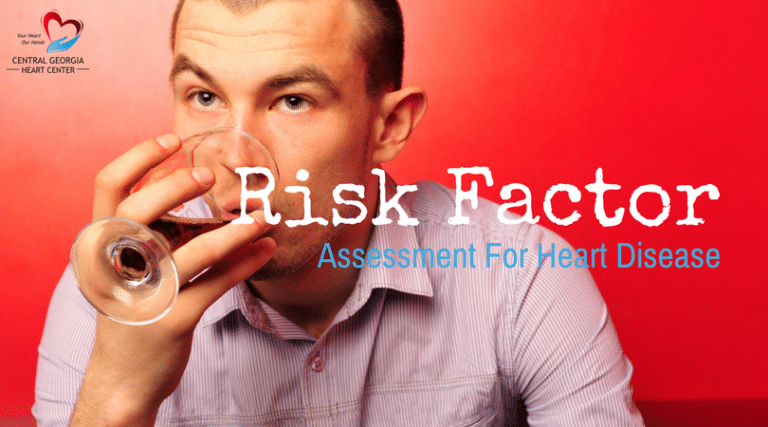
Risk For Heart Disease Assessment
The following infographic was originally published by The American Heart Association. Factors that play into your risk for Heart Disease: Age Gender Family History Smoking

The following infographic was originally published by The American Heart Association. Factors that play into your risk for Heart Disease: Age Gender Family History Smoking

An implantable cardioverter defibrillator (ICD) is a small device that uses electrical shocks to help control life-threatening, irregular heartbeats. A common diagnosis that results in
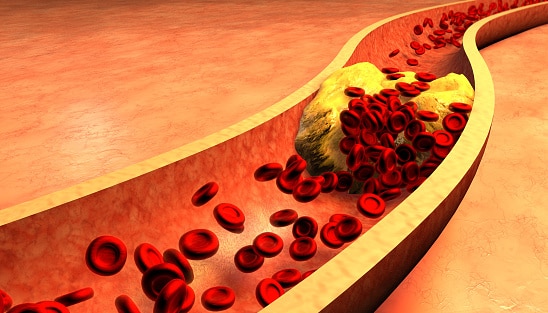
If you’ve been diagnosed with Atherosclerosis or Heart Disease, you’re probably looking for practical ways to improve your heart and artery health. While many cardiovascular diseases

Transesophageal echo (TEE) is used when your doctor needs a more detailed view of your heart. For example, TEE may be used to look for
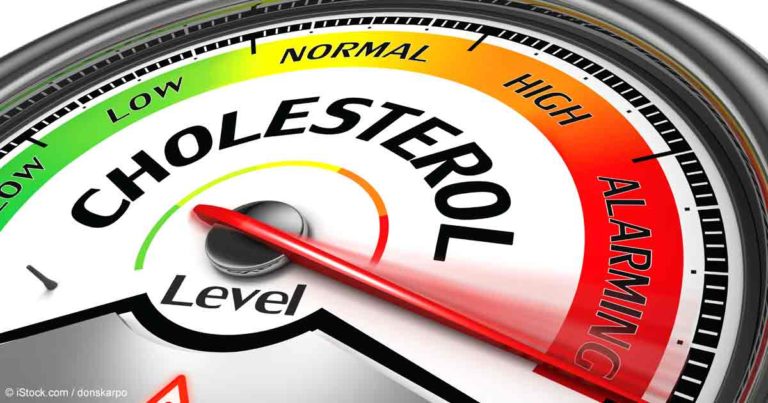
Infographic originally created by the National Heart, Lung and Blood Institute. High cholesterol means there is too much of the fatty substance (cholesterol)in your blood

Cardiac resynchronization therapy (CRT) is traditionally a treatment for patients who experience heart failure and then develop an arrhythmia. Essentially Cardiac Resynchronization Therapy (CRT) is the

Peripheral vascular disease is the hardening of arteries throughout your body (except you heart). This cardiovascular disease affects older members of the population and tends
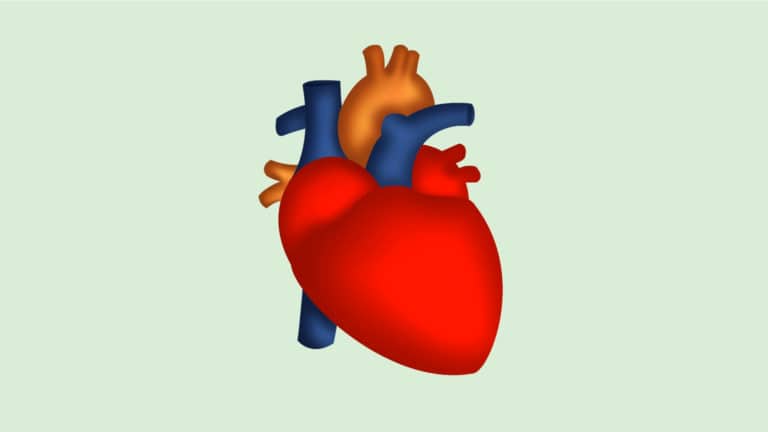
Having an understanding of the anatomy of a heart can help you make skilled decisions. When speaking to your cardiologist it’s important to know what
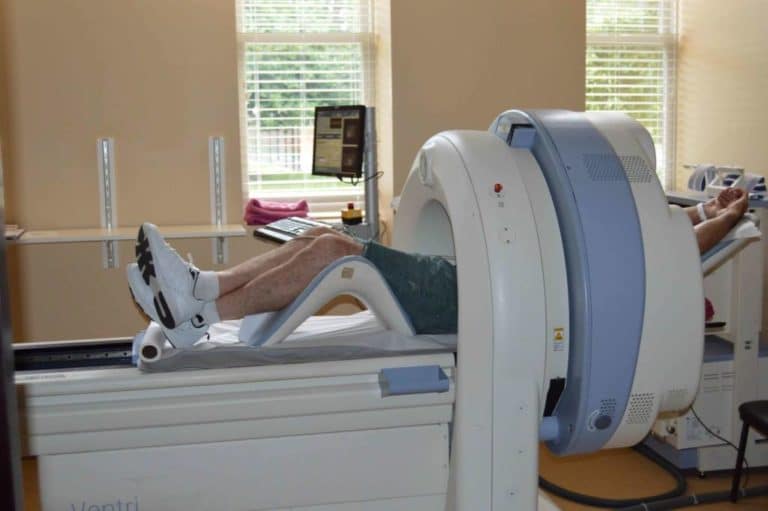
A Positron Emission Tomography (PET) Scan uses a tracer to provide your cardiologist with images to diagnoses disease in your body. The tracer is a minorly

Cardiac ablation is a fairly non-invasive procedure intended to correct heart beats. Many patients with an arrhythmia or AFib will undergo an ablation to return